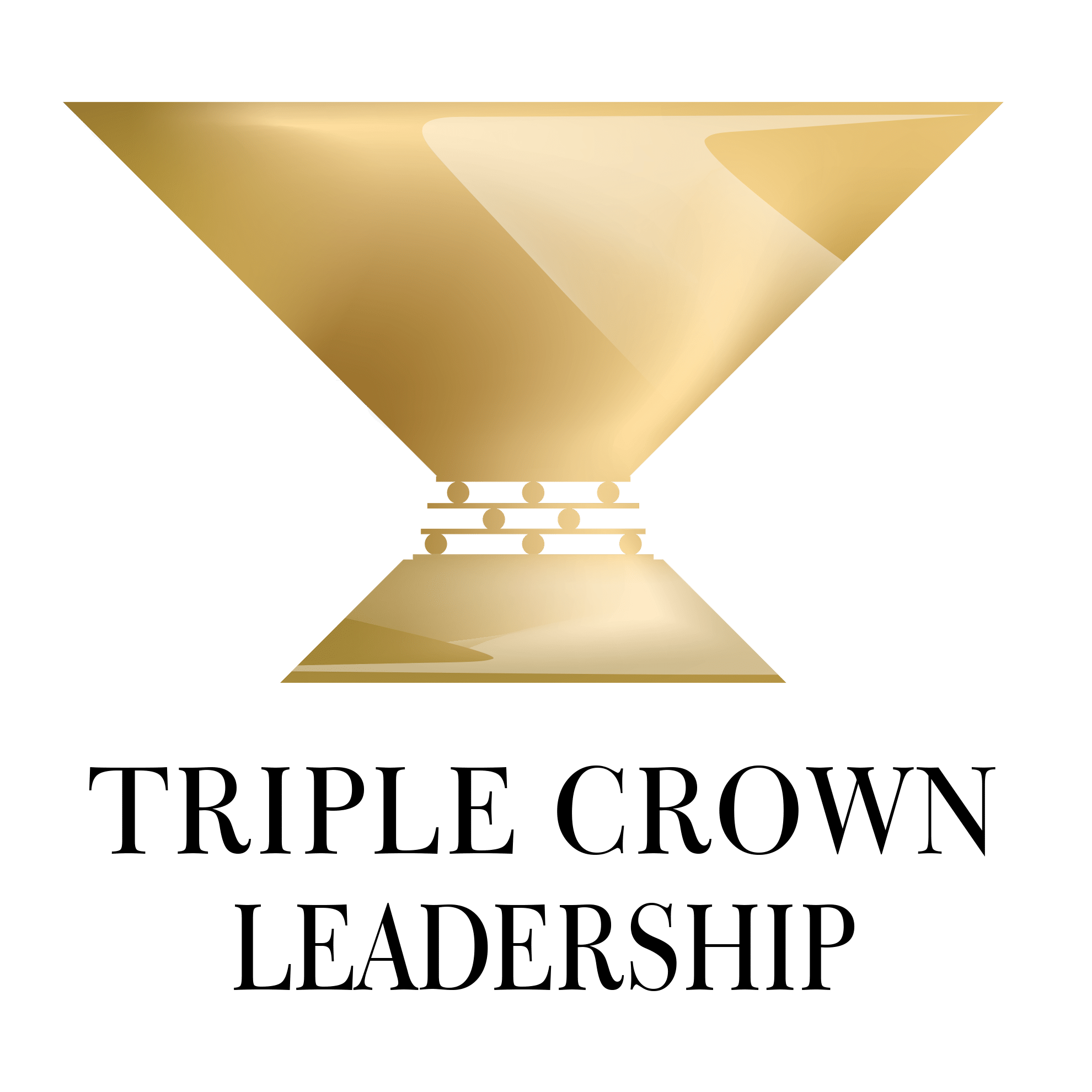Do workplaces have a role to play in supporting democracy and promoting civic engagement? Is that a reasonable activity for business and nonprofit organizations, or better left to the government?
Leaders, are you dialed in to this issue, or avoiding it like the plague?
How to think and go about this?
These questions were the subject of a recent event I attended hosted in Denver by CiviCO.
The questions are timely and relevant in this current moment of political angst, extreme polarization, and declining trust in institutions of all types across sectors—including government, business, and nonprofit organizations (and especially including Congress, big business, television news, the criminal justice system, and newspapers).
Beyond CSR?
At the event, the panelists noted a new trend among businesses of going beyond corporate social responsibility (CSR) and embracing “corporate civic responsibility” (CCR) and/or “corporate political responsibility” (CPR).
Business For America, a nonprofit, nonpartisan coalition of civic-minded business leaders and companies promoting government that works for all, describes corporate civic responsibility as follows:
“… (CCR) gives businesses the opportunity to drive positive civic engagement in their communities…. At the core of CCR is the idea that civic health is vital to our future, just like our natural resources.”
Corporate political responsibility is a related notion that recognizes the interdependence between businesses and government institutions, public policies, and collective goods. According to Andrew Winston, Elizabeth Doty, and Thomas Lyon, writing in MIT Sloan Management Review:
“Corporate political responsibility is a new variation of corporate social responsibility, describing the ideal ways in which businesses should engage with the key systems of society. CPR focuses on how business influences four key systems: the rules of the game (markets, laws, and regulations), civic institutions and representation (for instance, protecting democracy), civil society and public discourse, and natural systems and societal shared resources.”
Workplaces Benefit from Community & Civic Institutions
The idea is that companies and other workplaces benefit from a market system, the rule of law, and property rights. We all benefit from schools, hospitals, roads, bridges, sanitation, police and fire departments, clean water, clear skies, and much more.
All well and good, but do business and nonprofit organizations have a role to play in fostering civic engagement and strengthening democracy? Though this may sound excessive or risky in our current context of extreme polarization, there are historical examples around the world of businesses playing an important role in defending or preserving democracy. (1)
Many national security officials and experts have identified the decline of trust in the U.S. as among our gravest national security threats. Meanwhile, our adversaries are using our open society against us to turn citizens against each other. These dynamics raise the question:
Can democracies in today’s world survive and thrive without strong support from business and nonprofit organizations?

Leadership Derailers Assessment
Take this assessment to identify what’s inhibiting your leadership effectiveness. It will help you develop self-awareness and identify ways to improve your leadership.
How Workplaces Can Promote Civic Engagement and Bolster Democracy
There are many things workplaces can do to bolster civic engagement and democracy. Here are 10 actions you can take:
1. Give workers paid time off to vote. Paid volunteer time off can be a big deal for many workers, especially including hourly workers struggling to make ends meet. (Not all districts have mail-in voting options.)
2. Educate workers about civic and community issues. Use workplace communication channels to share opportunities for civic engagement. For example:
- information about volunteering opportunities and community events
- how to register to vote and where and when to vote
- how to think critically about false or misleading political or media narratives
- how to spot disinformation, misinformation, deep-fake videos, etc.
- how to engage in constructive dialogue and debate about issues without resorting to oversimplifications, personal attacks, and demonization of people with different views
3. Create and promote organization-wide Service Days. Gather people to work together on service projects in the community (e.g., cleanup, tutoring, home-building). For many workers, these are fun and meaningful experiences. Such activities can foster team-building and help make workers proud of their employer.
4. Create or use systems to match workers with local projects in ways that align their skills and passions with needs. Why not tap into workers’ strengths, passions, and values so they can add even more value to local organizations that are resource-constrained? This will also be more fulfilling—and perhaps even a professional development opportunity as they expand or deepen their skills by applying them in new areas. Resources:
- VolunteerMatch: an award-winning volunteer engagement network that makes it easier for workers and workplaces to make a difference in their community by matching volunteers with projects
- JustServe: a free search engine for volunteers seeking service projects

Personal Values Exercise
Complete this exercise to identify your personal values. It will help you develop self-awareness, including clarity about what’s most important to you in life and work, and serve as a safe harbor for you to return to when things are tough.
5. Partner with local schools, nonprofits, or community organizations. Adopt an issue or theme each year (e.g., education, environment, mental health, suicide prevention, homelessness, addiction, domestic abuse, poverty), and get to work supporting organizations on the front lines. Check in with your local community foundation or local university office of community engagement to see if they have leads for you. Some nonprofits have service projects ready to go and just need organizations to come in and help.
Example: Wish for Wheels seeks to give every kid in need their very own bike and helmet. When organizations work with them, workers don’t just help build bikes for kids. They also hand the new bikes to children who’ve been dreaming about them. |
6. Determine whether you will give money or other resources to issues or causes. For example, you can provide your work site as a place to host an event, sponsor a group with funding, or provide volunteers. Sometimes, you’ll reap unexpected benefits. Example: When Patagonia decided to donate 100% of its Black Friday sales to environmental nonprofits in a #LoveOurPlanet campaign, its sales were five times higher than expected, and it attracted tons of new customers and community goodwill. (2)
7. Check whether your executives are leading by example with their civic engagement. Are they engaged in the community? Talking about the importance of voting? Are they creating safe and inclusive spaces for dialogue and engagement? Or are they avoiding tough issues—or even contributing to the problem with overly charged rhetoric, blaming, and fearmongering?
8. Build civic support and engagement into your organization’s shared values, vision, and culture. Instead of letting it be a side thing that happens occasionally, why not embed it into the DNA of the organization? Watch how workers respond and the community benefits over time, creating a positive feedback loop.
9. Determine whether your organization’s actions will be politically neutral or whether it will engage in policy advocacy. Some companies are known for being conservative. Think Chick-fil-A and Hobby Lobby. Others for being progressive. Think Ben & Jerry’s and Trader Joe’s. Others serve their community, nation, or planet while sidestepping political issues.
10. Develop a framework for when to weigh in on issues (and when not to)—and how. Does the organization weigh in when there are issues or events that violate its shared values? Ones that threaten the livelihood, welfare, or safety of some of its key stakeholders? Is there a threat to the civic order?

Alignment Scorecard
When organizations aren’t aligned, it can reduce performance dramatically and cause frustration and dysfunction. With this Alignment Scorecard, you can assess your organization’s level of alignment and make plans for improving it.
Conclusion
Clearly, there are many options for business and nonprofit organizations. A few final thoughts as you consider how to proceed:
Although there are risks of engaging, there are also risks of not engaging. Have some companies experienced blowback from weighing in on controversial issues? You bet. But that doesn’t mean that silence is always the answer. What happens when thoughtful and responsible players abdicate and cede the playing field to irresponsible and nefarious players?
“The fruit of this life is good character and acts for the common good.”
-Marcus Aurelius, ancient Roman emperor and Stoic philosopher
What’s more, many workers—especially younger ones—are vetting the shared values of organizations they’re considering working for (or shopping from). They may also be looking at the organization’s engagement on issues (or lack thereof). Many workers expect more of their workplaces these days when it comes to values and social engagement. In that sense, there’s also a risk of not engaging.
You can start small. Your efforts don’t have to be grandiose, complicated, or expensive. Often there’s value in keeping it simple. You can begin, for example, by giving each worker a day per year to work on civic issues. Or a company Service Day—or just begin with a Service Hour. Just start. Consider the list above a menu. Choose what works in your current context and go from there.
Separate the signal from the noise. There’s a narrative out there, fueled by some seeking political advantage as well as by media companies and social media algorithms, that would have us believe our country and world are falling apart. Yes, there are real challenges, but there’s also much good happening—and reason for hope. Charles Gilford III, CEO of Inner City Health, a Christ-centered healthcare home for underserved people in Denver, encourages us to fight such darkness with light. And to summon the courage to act in this moment of history we find ourselves in.
“The time is always right to do what is right.”
-Dr. Martin Luther King, Jr.
Christa Nenaber, a District Manager at Patagonia, shared her own story of how the simple act of serving as an election worker renewed her sense of hope in the system and connected her with fellow citizens who don’t share her views. Election regulations require monitors from both political parties when counting votes. For Christa, there was something about working alongside each other to ensure the integrity of the vote that fostered mutual respect and created space for new relationships. Also, it humanized an otherwise hostile political environment. She now says that election working should be mandatory, just like jury duty—something we all do as part of our civic duty.
When it comes to civic engagement and democracy, what are you doing in your workplace?
What more will you do, starting today?

Take the Traps Test
We all fall into traps in life. Often we’re not even aware of them. Check out these common traps of living to see what’s inhibiting your quality of life and fulfillment.
Tools for You
- Leadership Derailers Assessment to help you identify what’s inhibiting your leadership effectiveness
- Personal Values Exercise to help you determine and clarify what’s most important to you
- Alignment Scorecard to help you assess your organization’s level of alignment
Related Articles
- “The Importance of Trust in Leadership”
- “The Power of Dialogue for Leaders and Groups”
- Lindy Lieg, “Beyond Words: How Business Leaders Can Show Gratitude through Community Engagement,” CiviCO, Sep. 26, 2024
Resources
- America Succeeds
- Business and Democracy Initiative
- Business for Good
- Civic Alliance
- CiviCO
- Leadership Now Project
Postscript: Inspirations on Workplaces, Democracy, and Civic Engagement
- “We measure success by the way we touch the lives of people.” -displayed on the wall at the company headquarters of Barry-Wehmiller
- “I think every business needs a leader that does not forget the massive impact business can have on the world. All business leaders should be thinking, ‘How can I be a force for good?’ What I see is demand from our people to be a business that is good, makes a profit, but also does something for the planet and humanity.” -Richard Branson, British entrepreneur and philanthropist
- “The purpose of business is not to make a profit. The purpose of business is to find profitable solutions to the problems of people and the planet.” -Robert Fish, co-founder, Biggby Coffee
- “It was incumbent to connect what was good for the business with what was good for the world…. Employees do not want to park their persona at the door. They want to work for a company where they can bring their whole selves to work, a company that cares about the world.” -Indra Nooyi, former CEO, PepsiCo
- “The business of business isn’t just about creating profits for shareholders—it’s also about improving the state of the world and driving stakeholder value.” -Marc Benioff, CEO, Salesforce
Note: This post was inspired by a CiviCO event on “Democracy & Enterprise: Building the Future Together,” held on September 24, 2024, in Denver. Panelists:
- Eleanor Allen, Founder and CEO, Catapult for Change
- Christa Nenaber, District Manager, Patagonia
- Richard Eidlin, National Policy Director, Business for America
- Charles Gilford III, CEO, Inner City Health
- D.J. Whetter, CEO, CiviCO (and event moderator)
(1) Germany’s economic recovery after World War II was driven in part by its business sector, contributing to the stabilization of its emerging democratic institutions—and leading to a very successful postwar economy and Germany as a big and productive player in Europe and the world. In post-apartheid South Africa, businesses played a pivotal role in supporting the transition to democracy and a more inclusive society. Many Brazilian businesses have taken a stand against corruption and authoritarianism. Business leaders in India have supported democratic reforms and better governance. U.S. tech companies have played a major role in identifying and defending against disinformation campaigns.
(2) This campaign was in addition to the 1% of sales the company already pledges each year to the preservation and restoration of the natural environment.

Triple Crown Leadership Newsletter
Join our community. Sign up now and get our monthly inspirations (new articles, announcements, opportunities, resources, and more). Welcome!
+++++++++++++++++++++++
Gregg Vanourek is a writer, teacher, and TEDx speaker on leadership and personal development. He is co-author of three books, including Triple Crown Leadership: Building Excellent, Ethical, and Enduring Organizations (a winner of the International Book Awards written with his father, Bob Vanourek). Check out their Leadership Derailers Assessment or get their monthly newsletter. If you found value in this, please forward it to a friend. Every little bit helps!


